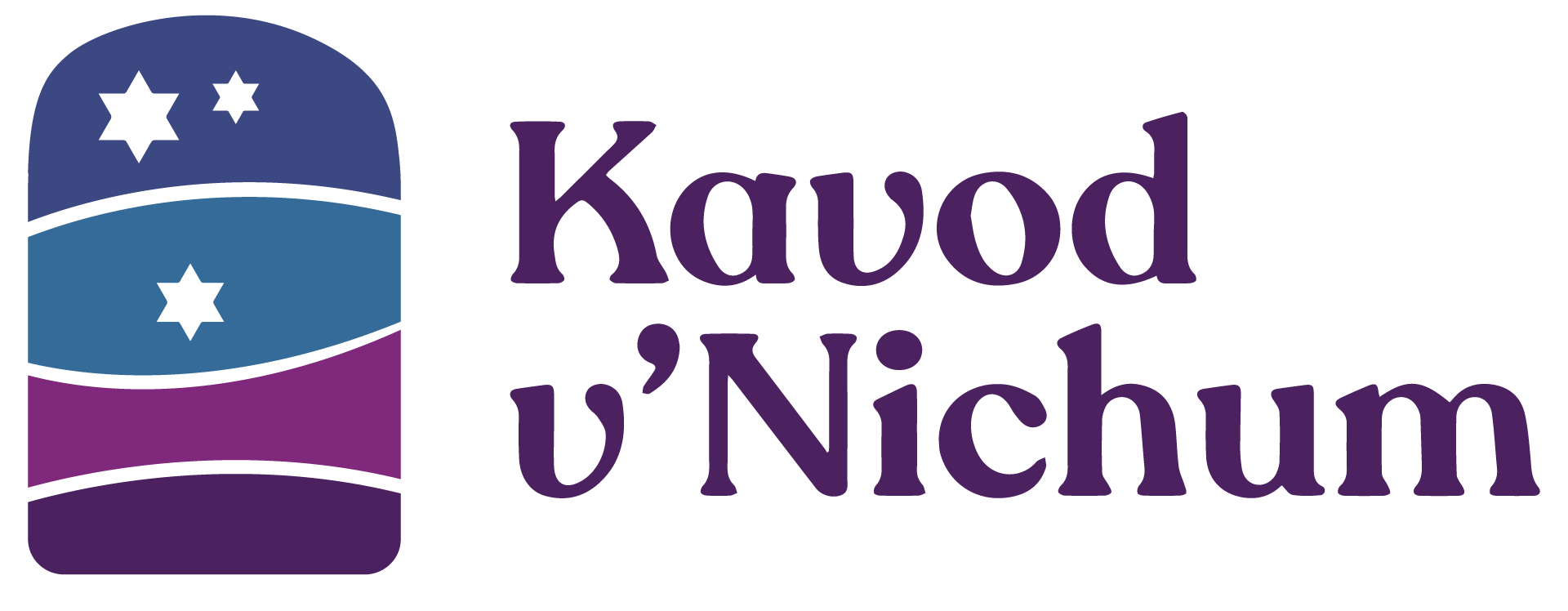Updated March 18, 2022
After two years, we can definitively say that the Coronavirus is still with us. We can also say that we know much more now about how Covid-19 is spread, and how we can significantly reduce the danger of disease acquisition by taharah teams working in funeral homes. Our recommendations are driven by recognizing that the biggest danger to team members of Covid-19 infection is from team members who are breathing in the same enclosed space.
Medical experts have been providing guidance to many Chevrot Kadisha, including the Community Hevra Kadisha of Greater Boston and New Community Chevra Kadisha in Pittsburgh. Our recommendations below are drawn in part from guidance that they have shared with us.
We suggest that every Chevrah Kadisha that performs in person taharah make their best efforts to form a safety team to augment and/or modify these recommendations based on conditions in their community and as CDC and OSHA standards change.
We’ve divided the Kavod v’Nichum recommendations into three parts – what we recommend for individual members of the taharah team, what we recommend for the team as it performs the taharah, and what we recommend for the funeral home facility where you do taharot. If you have questions or concerns about implementing any of these recommendations, please reach out to: hello@kavodvnichum.org
Individual Member Recommendations
We continue to recommend that every Chevrah member study the important publication – Health and Safety Precautions for Taharah – Revised Second Edition.
Individuals should be vaccinated to the fullest extent possible. Previously we specifically recommended Hepatitis B vaccinations. Vaccinations for influenza, measles/mumps/rubella, chicken pox, hepatitis A and B and even shingles are important. We now add to that our strongest recommendation that all taharah team members have Covid-19 vaccinations with boosters.
Team members with a known exposure to Covid 19 within the past week should not participate in person. If possible, when called, team members should take a Covid-19 rapid test, and if the test shows a positive result for infection, they should not participate in the taharah.
Team members should mask, from the time they gather until the time they separate, preferably with an N-95 respirator or KN-95 mask. Getting a good fit for your mask (especially if you have a beard) can be challenging. See OSHA and CDC guidelines for more information. In addition to respiratory protection, team members should wear full PPE and follow CDC Standard Precautions. PPE should include eye covering (face shield or goggles), gown, and gloves. Team members should be trained in how to properly put on (don) and take off (doff) protective equipment.
Immunocompromised and unvaccinated members of the Chevrah Kadisha who wish to participate should be given tasks that do not require them to be in contact with other team members in the funeral home. This may include being a “Zoom reader” or handling taharah team logistics.
Taharah Team Recommendations
We recommend accurate tracking of participants who are on in-person taharah teams for possible future contact tracing.
We suggest considering a blended taharah model to minimize the number of team members present in the taharah room, where some portion of the team is in person, but the reader is present online and not physically present in the taharah room. In addition, we suggest that if any talking, singing, or chanting by team members is done in the room, that it be done quietly to minimize aerosolization. Alternatively consider a recording of singing or have the singer on Zoom or on speaker phone.
Recommendations for the Funeral Home Facility Where You Do Taharot
We recommend that Chevrot Kadisha who perform taharot at funeral homes work with their funeral directors to assure best ventilation practices. Circulate the air by running the fan continuously (thermostat set to “ON” not “AUTO” position), and where available, supplement by opening a window or a door. Our experts suggest 6 air exchanges per hour or 20 CFM per person of clean air delivery – either outdoor air, or with highly filtered recirculated air using MERV 13 or better filters on re-circulation systems.
